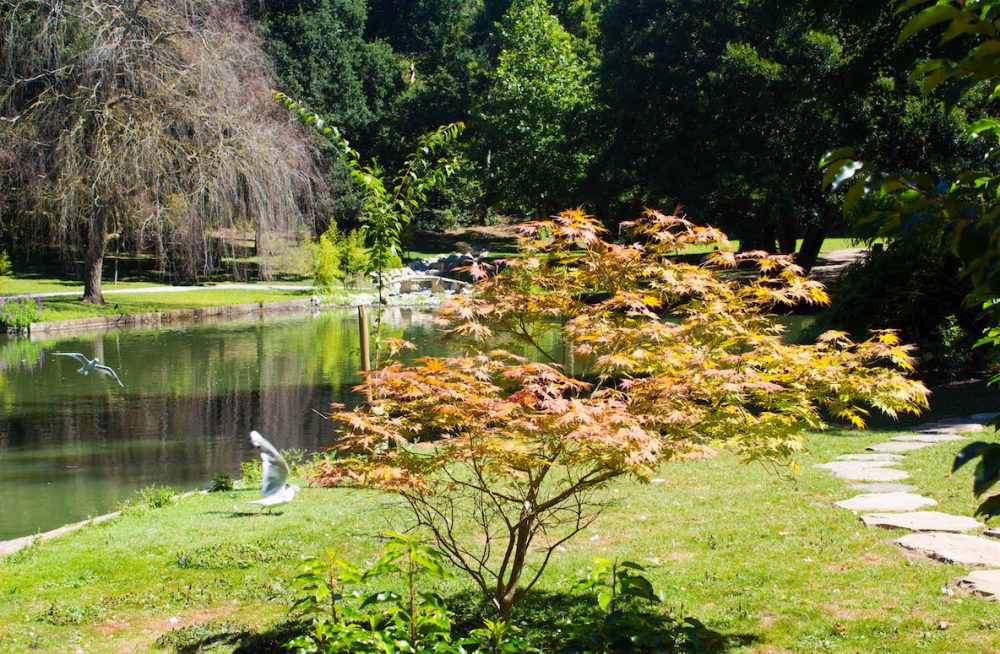I am surprised that the government are thinking of allowing cameras into court. It seems so unnecessary and once it starts it would be difficult to reverse. The trend will be for cameras in more places. As a judge asked recently, “what would be the purpose?” Is it a deterrent or a way of informing the rest of the population? It is unlikely to serve as the former and the population already have access to information about how the courts work. Does witnessing sentencing give us confidence in the system or encourage us to sit in judgement of others where we then imagine we know everything about them.
Justice has always had to be seen-to-be-done so nothing has changed. Is it that we have no trust in professionals anymore? Do we now need to see the shame, pain and humility (or arrogance) on the guilty person? What’s next, public flogging? There are many conspiracy theorists out there that need to see everything before they can believe it, and pandering to that is not the way to take our communities forward.
It seems to be that it is already difficult for ex offenders to make their way back into being a fully paid up member of society and public labelling of their image cannot help that problem. Also, so many offenders are young people who may be able to turn over a new leaf but with limited positive experiences of life and poor expectations from society they might become less likely to reform. When we’ve heard of their crimes and seen their faces the mental image stays with us. Although willing we may find it just too difficult to give them another chance.
My fear is that it would be like having the OJ Simpson trial on a continuous loop. There will also be barristers playing up to the camera, auditioning for their cameo role or mini series. Maybe instead of justice being done we end up with a downplaying of the complex nuanced aspects of a case and the overdoing of visual aspects and easy sound bites. Have we not got enough real problems to sort out in our communities without putting limited resources into a whole new policy and procedural setup?
This seems to be about demonstrating the punishment to those involved in the recent riots. We seem to want to put people into boxes and not allow for change, personal development or transformation. We seem to be so focused on shame and punishment that we’ve forgotten about rehabilitation.
Our attention needs to be focused on reducing recidivism rates through better use of rehabilitation, education, guidance, therapy and mentoring. People need a reason and a hope to try to improve their lives and being globally known, as an offender will not help their motivation for change.
The whole experiment might backfire with offenders getting more street-cred the longer their case is seen in the media. Notoriety may be its own prize and provide opportunity to be recruited for bigger jobs on the inside.
There is such a potential for negative impact when there is no harm in leaving things as they are. People will still be convicted and the details will be in the newspapers and anyone of us can go to our local courthouse to observe if we fancy it. Nothing needs to change.
Footnotes:
- Broadcasters would benefit; as here is another reality show they do not need to script or be creative with – it writes itself. And they may be able to raise advertising revenue to meet the interests of their audience. Security alarms anyone?
- Many, though not all, barristers and judges may like to be seen in their best light – all dressed up and clever and authoritative.
- As the audience we struggle to keep our reality and fiction separate at the moment. Actors get heavily criticised when they take on difficult challenging roles. Life imitating art and art imitating life will become even more indistinguishable. No harm is done by leaving things as they are.
What do you think?


